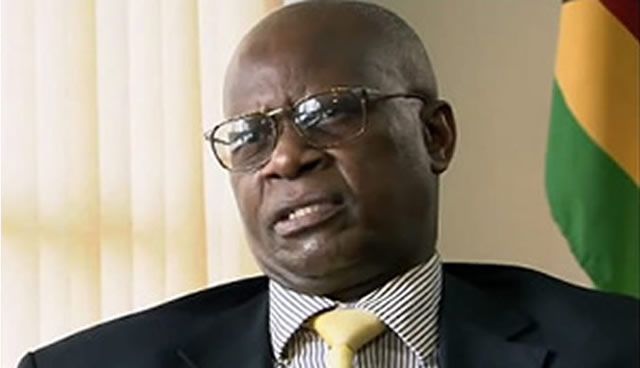Gono cancels banks MoU

Happiness Zengeni Business Editor
THE banking public should brace for a spike in interest rates and bank charges after the Reserve Bank of Zimbabwe indicated it will not renew the Memorandum of Understanding signed with banks which put a cap on the rates. In January this year, the Reserve Bank of Zimbabwe signed a MoU with banks under which the institutions agreed to reduce lending rates, scrap bank charges and pay interest on deposits among other reforms.
The MoU — which came into effect on February 1 — required, among other things, that lending rates be capped at 12,5 percent, above each respective bank’s weighted average cost of funds.
The institutions were also ordered to charge up to 0,5 percent of cash withdrawal amount subject to minimum charge of US$2,50 while ledger fees, maintenance and service fees will cost up to US$4 per account. The Central Bank and bankers also agreed to push for the mandatory use of debit cards.
In a letter to the Bankers Association of Zimbabwe dated November 27, 2013, RBZ governor Gideon Gono said following a review of the operating environment, the broader circumstances in the wider economy as well as representations from the bankers, the central bank would not seek to renew the MoU.
“In this respect with effect from December 1, 2013, the MoU will no longer be applicable,” wrote Dr Gono whose term of office expires on November 30.
This means that banks will not be capped on interest rates and bank charges. However, Dr Gono urged the financial institutions to desist from unwarranted increases in bank charges and interest rates which have adverse impact on the real economy.
“Banks are therefore advised to continue offering affordable banking services to the public in order to spur financial inclusion initiatives already in place.”
The loss of revenue on the back of the MoU was militating against the sustainable viability of banks. BAZ had argued its members, whose income ratio is 40 percent, will incur huge financial losses as the move will wipe out bank profitability by as much as US$72 million. The banks would have used part of this to strengthen their capital positions through earnings.
CBZ Holdings felt the pinch of reduced bank charges losing US$10 million in the process as it posted a subdued set of results for the half year ended 30 June 2013.
The bank, which is the country’s largest bank by deposits and assets, reduced transactional costs from 48 percent to 39 percent which means the cost of maintaining an account went up by 10 percentage points.
FBC Holdings in the half year period said if there had been no MoU, the group would have realised an additional US$2,5 million in income.
Banks said the reforms which amounted to price control had compromised the quality of service some of the banks were not able to offer the current full range of services and therefore would not be able to maintain infrastructure (IT systems, POS and ATMs).
Furthermore the control of charges and interest rates had harmed prospects of local banks from raising capital from international markets as funders analyse profitability and sustainability of the sector in assessing its investment potential. A banking sector with directed lending and controls is viewed as unattractive and risky by foreign investors
Many foreign investors had been putting on hold plans to inject funds into the banking sector because of the perception that revenue potential had been eroded by the MoU. Trust Bank has been failing to secure investors. However, the cancelling of the MoU between the banks and the RBZ while good for the profitability of banks in general will have an effect on most of Zimbabweans who are indebted to the banks. While the effectiveness of the MoU is questionable, it in a way brought sanity to the level of interest charges, and also guaranteed that depositors at the minimum got an interest payment in return for their deposit.
It is hoped that the banks themselves will not take advantage of the absence of the MoU becoming like birds of prey on consumers by charging hefty interest rate.











Comments